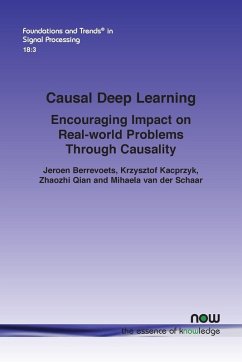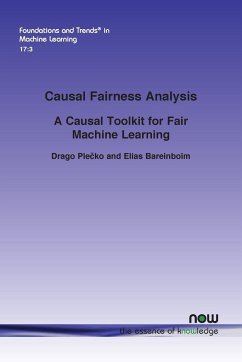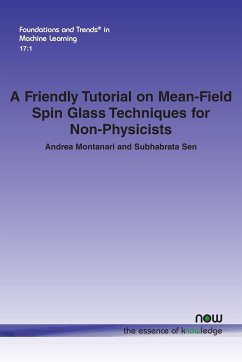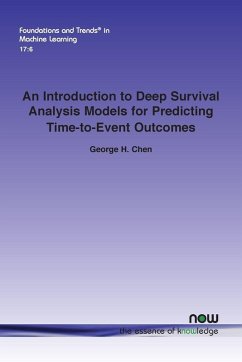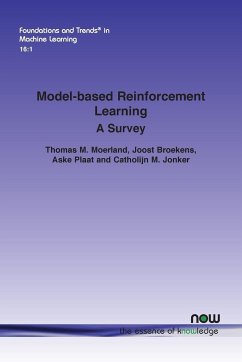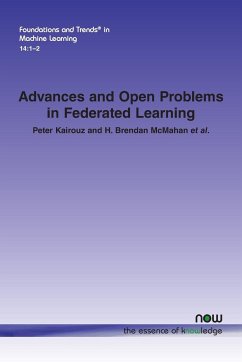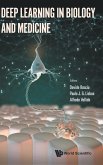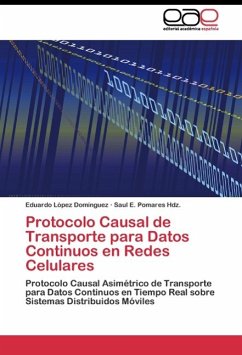Causality has the potential to truly transform the way we solve a large number of real-world problems. Yet, so far, its potential largely remains to be unlocked as causality often requires crucial assumptions which cannot be tested in practice. This monograph, entitled Causal Deep Learning (CDL), presents a new way of looking at causality. The causal deep learning framework in this monograph spans three dimensions: (1) a structural dimension, which incorporates partial yet testable causal knowledge rather than assuming either complete or no causal knowledge among the variables of interest; (2) a parametric dimension, which encompasses parametric forms that capture the type of relationships among the variables of interest; and (3) a temporal dimension, which captures exposure times or how the variables of interest interact (possibly causally) over time. The CDL framework used enables precise categorisation and comparison of causal statistical learning methods. This categorisation is used to provide a comprehensive review of the CDL field. More importantly, CDL enables progress on a variety of real-world problems by aiding partial causal knowledge (including independencies among variables) and quantitatively characterising causal relationships among variables of interest (possibly over time). The framework used clearly identifies which assumptions are testable and which are not, so the resulting solutions can be judiciously adopted in practice. This formulation helps to combine or chain causal representations to solve specific problems without losing track of which assumptions are required to build these solutions, pushing real-world impact in healthcare, economics and business, environmental sciences and education, through causal deep learning.
Hinweis: Dieser Artikel kann nur an eine deutsche Lieferadresse ausgeliefert werden.
Hinweis: Dieser Artikel kann nur an eine deutsche Lieferadresse ausgeliefert werden.

